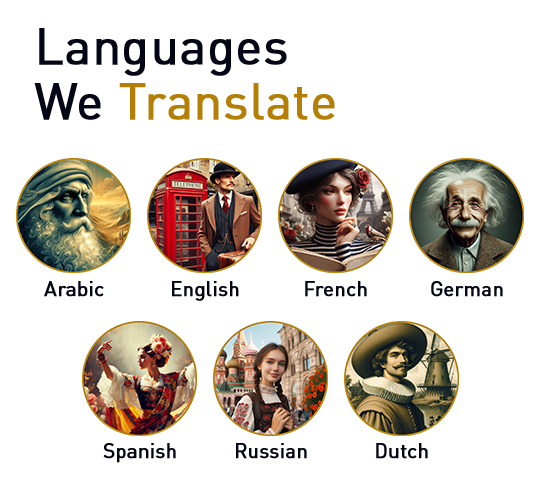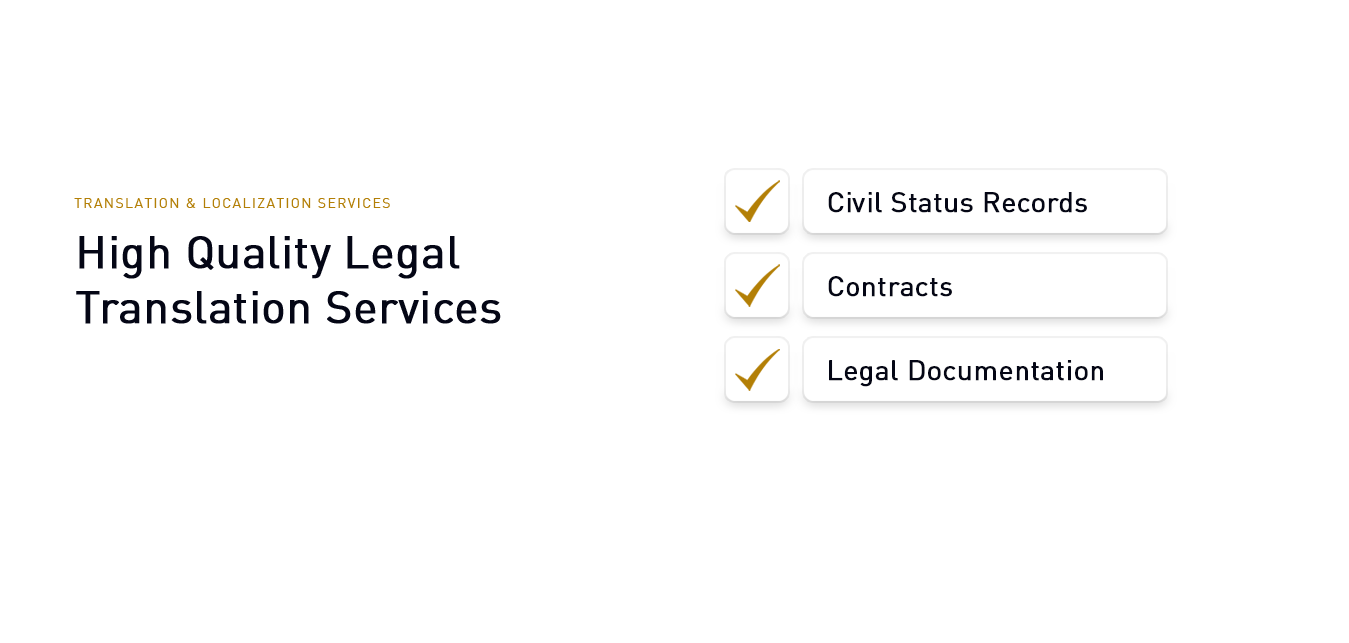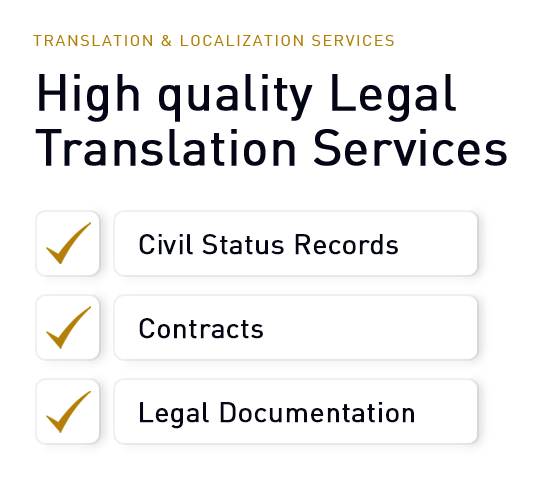who we are
Translation & Language Services
Located in Lebanon and serving clients worldwide, we are a multilingual team of certified translators and content creators dedicated to delivering professional translation services in Arabic, French, English, Spanish, German, Dutch, and Russian. Specializing in a variety of translation types, including legal, technical, and business translations, we ensure that your content is accurately translated to meet your specific needs.
Our expertise extends to localization, adapting your content to resonate with your target audience, whether in the GCC or across the globe. By offering tailored language solutions, we help you communicate effectively with international audiences, breaking language barriers and ensuring your message is understood in any market.
Let's Talk
Cost? Time? Language?

Integrated Language and Digital Solutions
TRANSLATION AND CONTENT CREATION
- Translations: legal, technical, digital, informative
- Language: Copywriting, localization, transcreation
- Digital: Social media, websites, advertising, subtitling
- Ai: Content, post-editing, transcription
O1TRANSLATION
Specialized legal, technical, automotive, and certified translation services.O2SWORN & CERTIFIED
Sworn and certified legal, technical translations for travel agencies, law firms, and more.O3POST-EDITING
Professional post-editing services, refining machine-translated content into industry-specific translations.Request A Meeting
- Interested in knowing who we've worked with?
- Listen to success stories?
- Serious about your business growth & our collaboration?
- Fill out the form below to schedule a meeting and discover how our expertise can elevate your business.
Get In Touch

Automotive Translation Services in Lebanon
Driving Precision in a Global Industry













